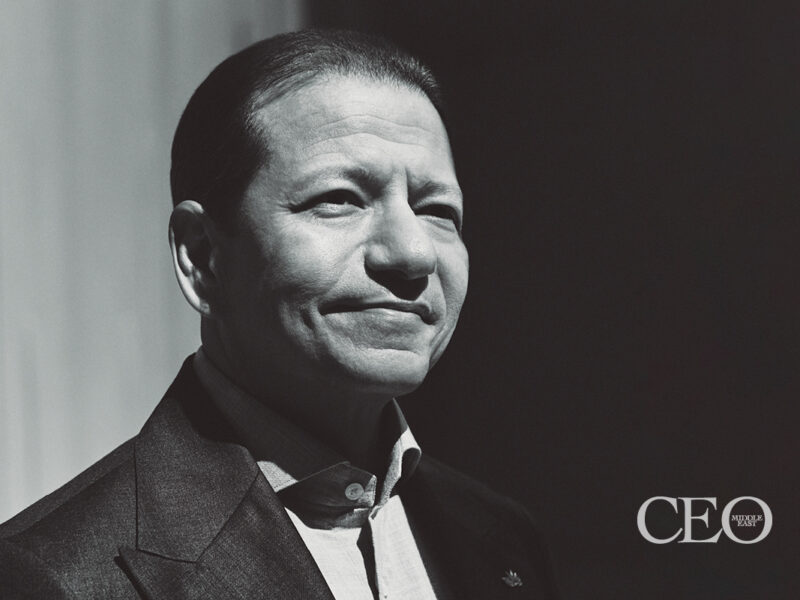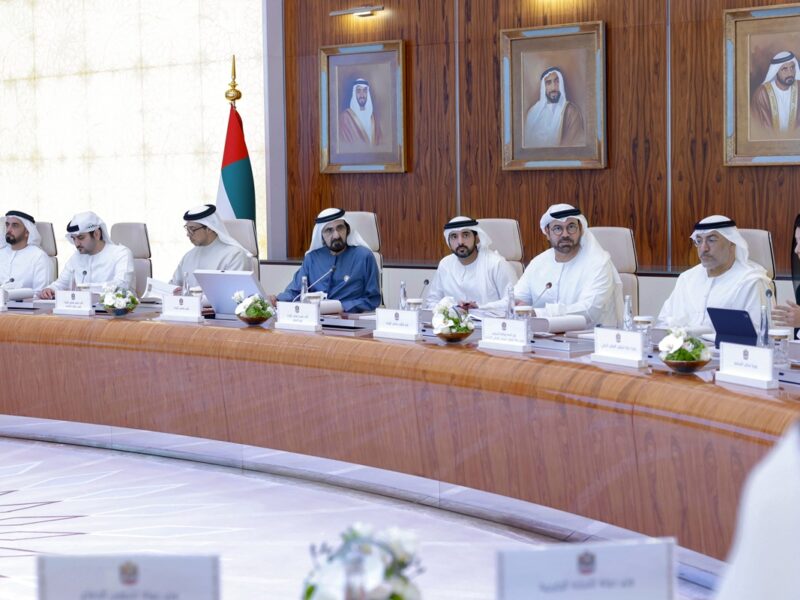Kuwait’s Zain should
remain for sale despite the death of Nasser Al Kharafi, one of
telecom operator’s top shareholders and former chairman of the
indebted Kharafi group.
“It all depends on who succeeds Kharafi, but Zain is likely
to still be up for sale,” said Irfan Ellam, Al Mal Capital vice
president in Dubai. “It depends on the financial situation of
the Kharafi group. Assets could be sold to pay down debts.”
The group’s interests span real estate, retail and financial
services, but these were hit hard by the financial crisis and it
has direct and indirect liabilities likely to total at least $5bn, said Naser Al Nafisi, general manager for Al Joman
Center for Economic Consultancy in Kuwait.
A Kharafi consortium had agreed to sell a 46 percent stake
in Zain to Etisalat for $12bn, but the UAE firm
scrapped its bid in March and a similar deal with an Indian-led
group also failed in 2009. Yet analysts said Kharafi’s Zain
stake – estimated to be 20 percent – was still for sale
despite these setbacks and Kharafi’s death is unlikely to change
this.
“He had a powerful influence and a special charisma – his
brothers and sons will not carry the same,” said Nafisi.
“Kharafi borrowed to get the Zain shares and borrowed to
speculate in other investments. Kharafi has a lot of debt and
Zain is a big liquid asset and some of its other assets are not
so liquid.”
Moody’s downgraded Kharafi unit National Industries Group
(NIG) in March, citing concerns over a $475m
sukuk and warning the firm was highly leveraged.
Kharafi’s Etisalat deal was bitterly opposed by some major
shareholders and last week the group strengthened its grip on
Zain, with Nasser’s son Bader Al Kharafi joining Zain’s board
and opponent Sheikh Khalifa Ali Al Khalifa Al Sabah removed.
New Kuwait market rules require bidders for more than 29.9
percent of a listed firm to extend the offer to all
shareholders, preventing a deal like that agreed with Etisalat.
This could spur Kharafi group to sell just its own stake in
Zain, but this would likely command a much lower price because
it would not offer management control.
Etisalat may return with a revised bid. Kuwait’s government
is unlikely to sell its estimated 30 percent stake, so the UAE
firm need only potentially fund a 70 percent stake purchase.
As a former monopoly, Zain’s sale may yet prove problematic
and so another option would be for Kharafi group to push through
further asset sales.
In 2010, Zain sold African assets to India’s Bharti Airtel
for $9bn and has agreed to sell its stake in
affiliate Zain Saudi to joint bidders Kingdom Holding and Bahrain’s Batelco for $950m.
“Selling assets would be a way for shareholders to raise
money without triggering a buyout of the whole company,” said
Martin Mabbutt, Nomura telecoms analyst.
Zain operates in five other countries: Jordan, Lebanon,
Bahrain, Sudan and Iraq. The latter two are considered Zain’s
top assets outside its home licence, accounting for 39 percent
of Zain’s value, estimates Marise Ananian, EFG-Hermes, Vice
President telecoms analyst.
“Zain’s operations in Sudan and Iraq provide the company’s
highest subscriber and revenue growth – the other assets are in
more or less mature markets,” added Ananian.








